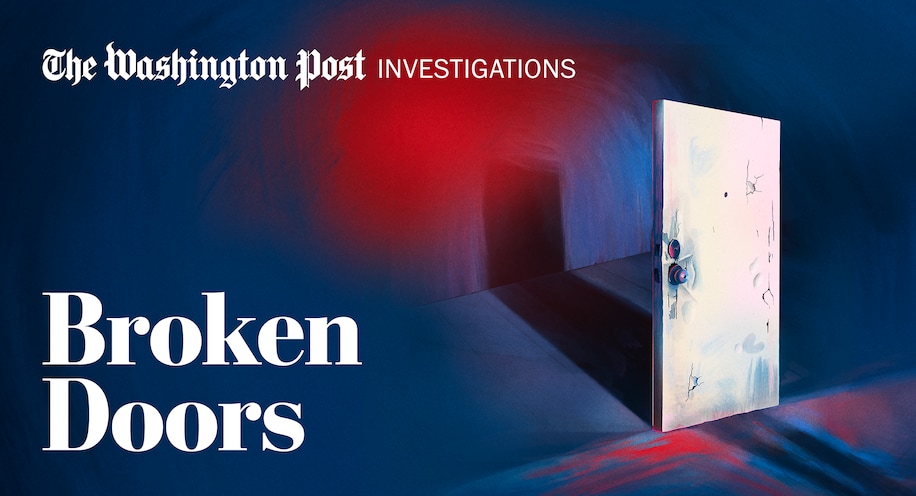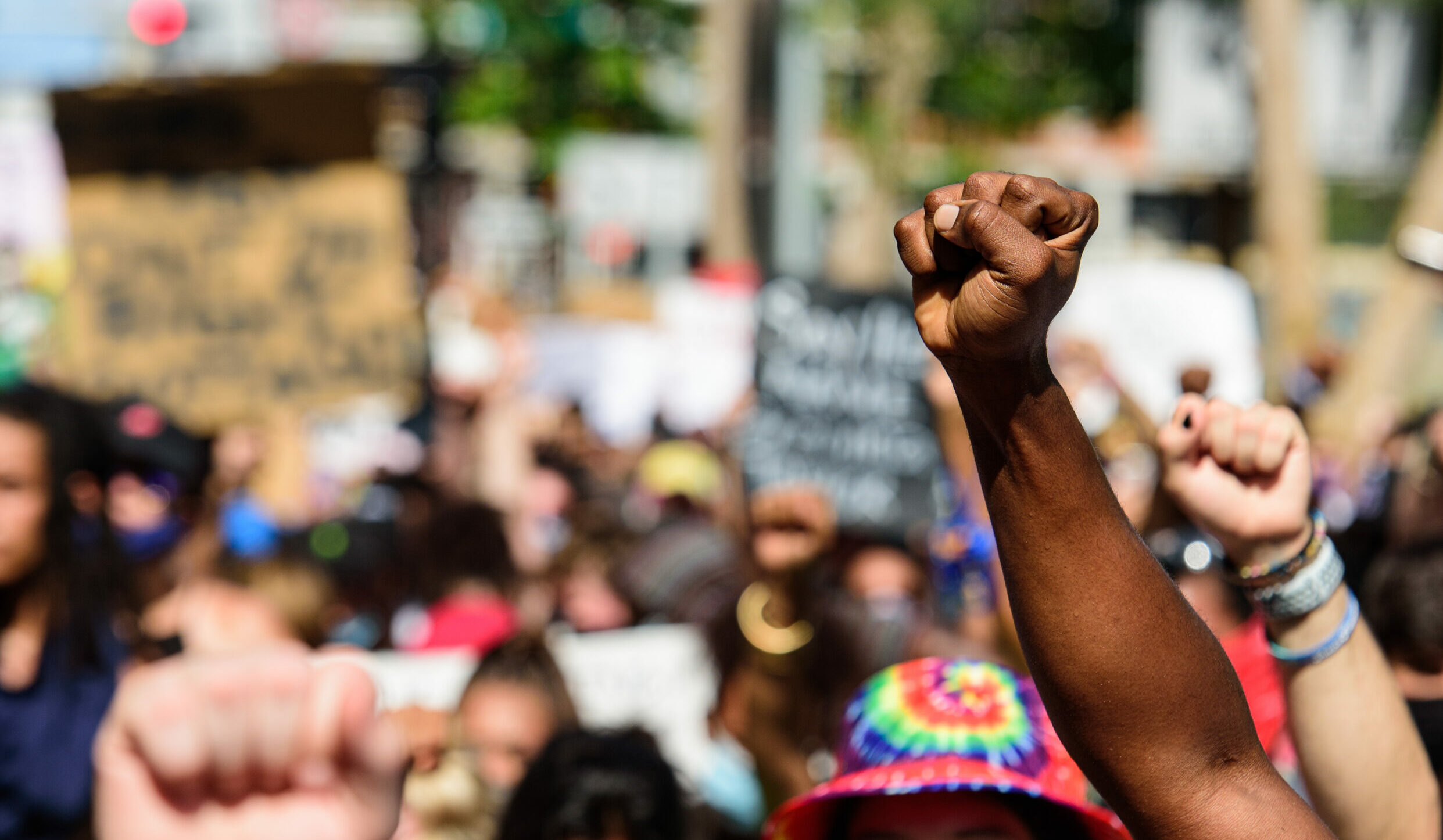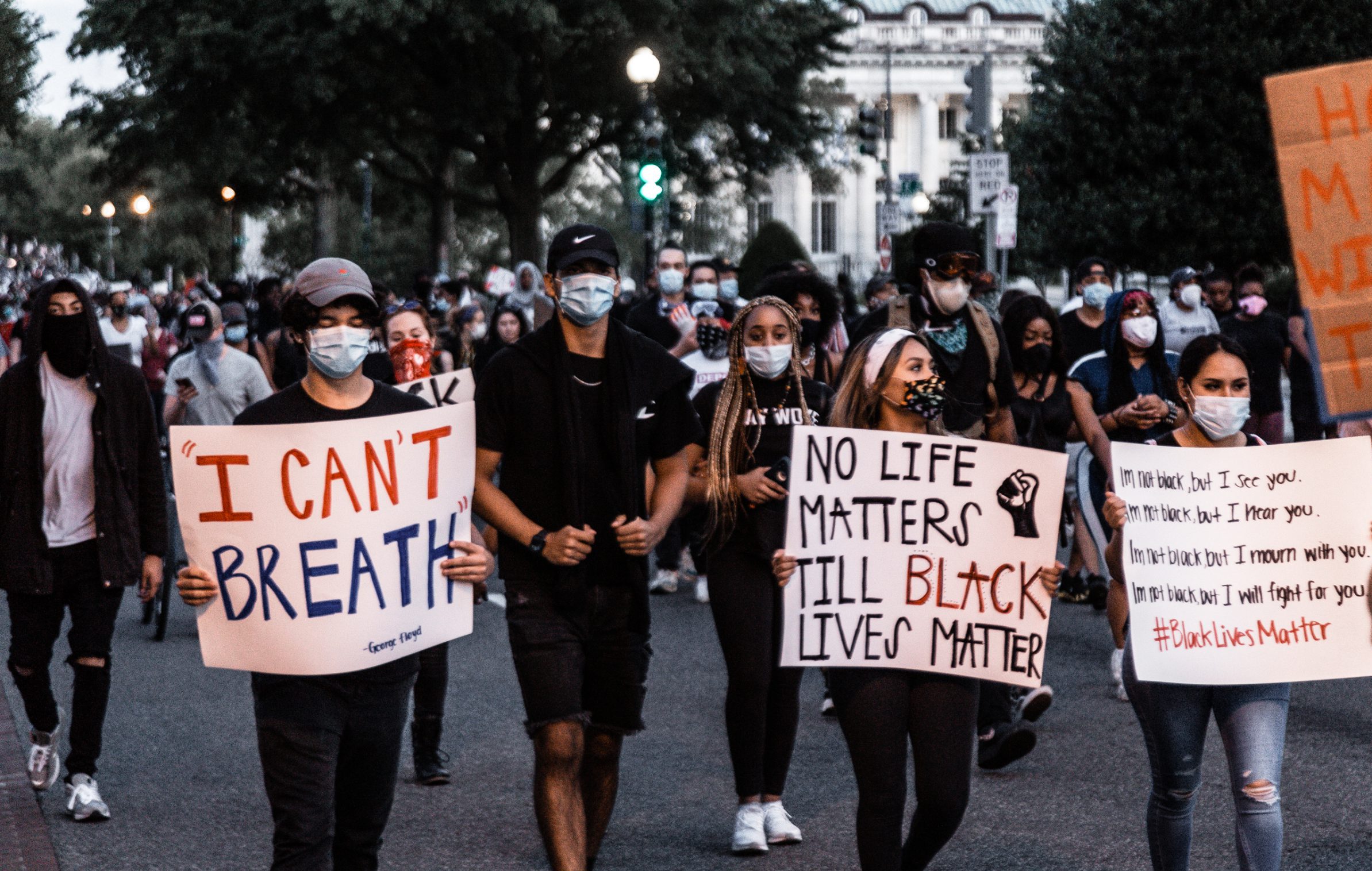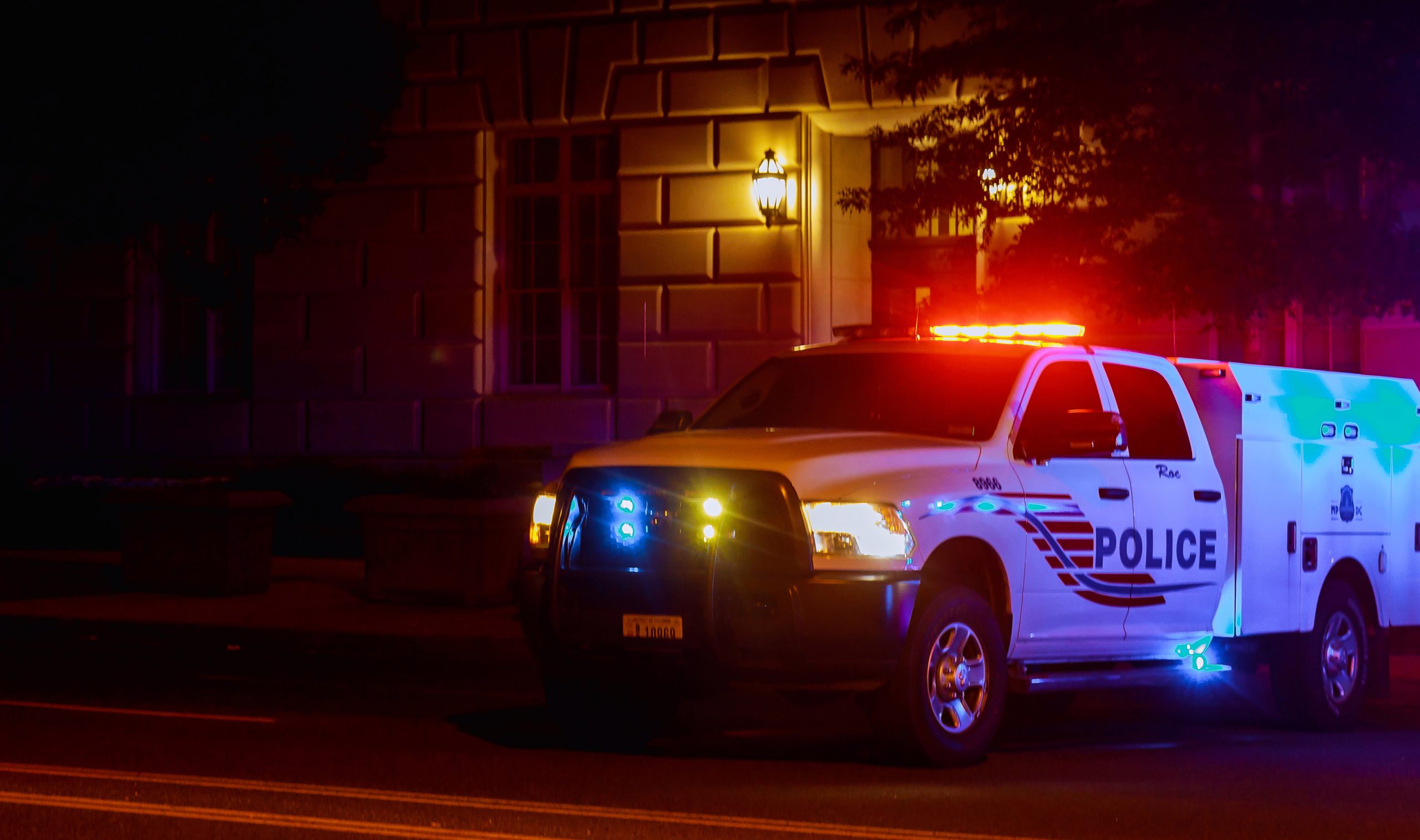
Post partnership tracking police shootings continues
The Washington Post’s data team has built and maintained “Fatal Force,” a publicly available database of police shootings across the country, with some help from the Investigative Reporting Workshop for the last seven years. The project, which was awarded a Pulitzer Prize in 2016 for national reporting and honored earlier this year with a Peabody Award, has …
Continue reading “Post partnership tracking police shootings continues”








